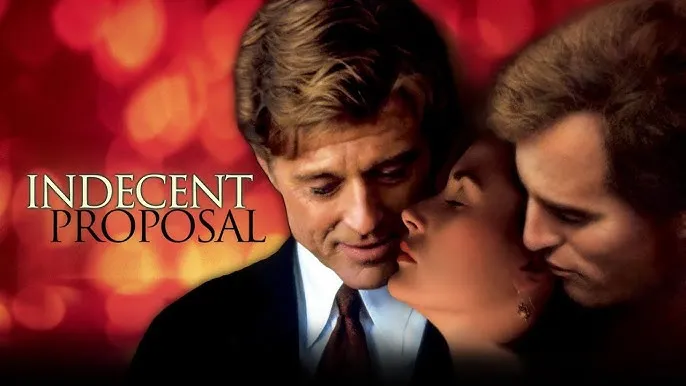Looper (2012), directed by Rian Johnson and starring Joseph Gordon-Levitt, Bruce Willis, and Emily Blunt, is a stylish, cerebral science-fiction film that uses time travel not just as a cool plot device, but as a way to explore choice, consequence, and redemption.
Set in the year 2044, the story follows Joe (Gordon-Levitt), a "looper" — a hitman hired by a criminal syndicate from the future. Since time travel has been invented (and outlawed) by 2074, the mob uses it to send people they want eliminated back to the past, where loopers kill them and dispose of the bodies. The job is clean, anonymous, and highly paid. But there’s a catch: eventually, each looper must "close the loop" by killing their future self.
Things go off the rails when Joe’s future self (played by Bruce Willis) is sent back—and escapes. As the two Joes face off, the story becomes a gripping cat-and-mouse game, complicated by questions of fate, identity, and the terrifying rise of a mysterious future dictator called “The Rainmaker.”
The film’s smart, layered script balances complex time mechanics with strong character development. Unlike many action-heavy sci-fi movies, Looper takes time to breathe, especially in the second half, where Old Joe’s mission to prevent a dystopian future intersects with Young Joe’s encounter with Sara (Emily Blunt), a tough, protective mother raising a child who may grow up to be The Rainmaker.

Visually, Looper has a gritty, grounded feel—more near-future noir than glossy sci-fi. Its world is familiar yet subtly dystopian, with decaying cities, telekinetic mutations, and a sense of moral decay. Johnson’s direction is sleek and confident, blending shootouts with intimate drama and sharp philosophical tension.
The real triumph of Looper is its ending. Without spoiling too much, it avoids cliché and delivers a bold, emotionally resonant conclusion. Young Joe’s final choice isn’t about defeating his future self, but about breaking the cycle of violence and pain—proving that we’re not bound by fate, but by the decisions we make.
Looper stands out as a modern sci-fi classic. It’s entertaining, original, and thought-provoking—a rare mix of thrilling action and meaningful storytelling. In a genre often dominated by spectacle, Looper reminds us that the most powerful battles are often the ones we fight with ourselves.

-1750819319-q80.webp)
-1752543654-q80.webp)
